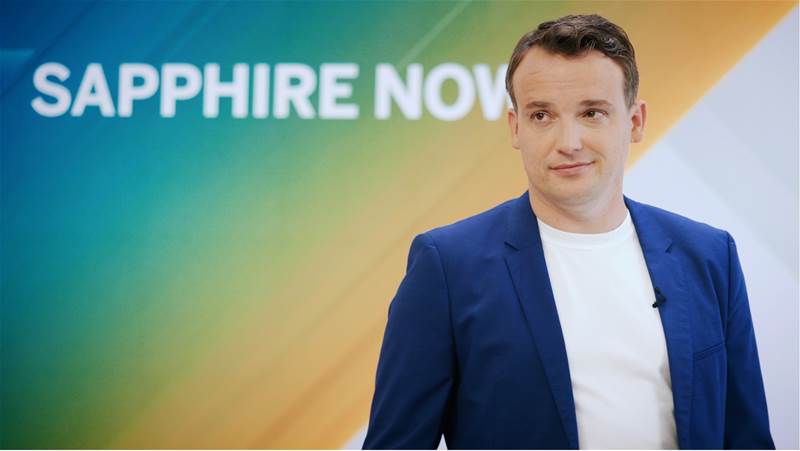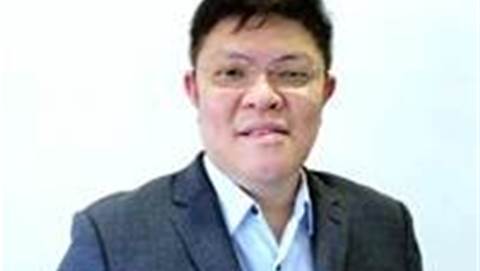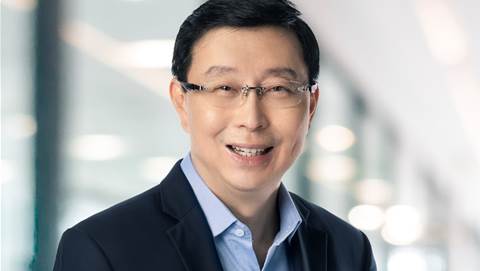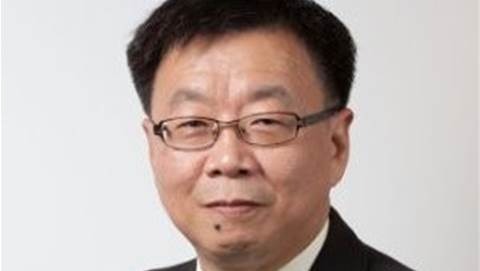During the course of the pandemic, many lessons were learnt by SAP, all of which are coming together now to set a clear path for the German software giant going into 2021.
“Over the last year, we learned how companies weathered the storm, and how best they did it,” said SAP CEO Christian Klein, at the company’s annual Sapphire conference held virtually for the second year last week.
At his keynote, Klein, who took over the reins as sole CEO in April last year, shared three key insights from working on the ground with customers:
- Technology strengthens resiliency
The first was that the most resilient companies were those who embraced technology to transform their business process. “Migrating an IT landscape to a cloud infrastructure alone doesn't change a single business process,” said Klein. “Those who simply leveraged a cloud infrastructure and didn't digitise their core business processes didn't do as well.”
He said becoming an intelligent enterprise requires the courage to leave traditional business models behind and to radically change what the business wants. “Intelligent enterprises are enabled by integrated digitised agile business processes, powered by data and with embedded AI.”
- You can’t win it alone
It is difficult for a business to overcome the challenges just by themselves.
“I've talked to many CEOs, and it became clear – many of the issues companies face during the pandemic came from their reliance on global supply chains,” said Klein.
Citing the semiconductor shortage as an example, he said that because of the outbreak, companies reduced semiconductor orders due to lower market demand.
Instead, the demand for semiconductors exploded, and the very same companies are now facing severe production shortages, as suppliers and manufacturers did not have enough time to ramp up production.
Klein said almost 75% of all companies reported supply chain disruptions as a result of the pandemic.
“COVID has showed us just how crucial it is to have real time transparency across your entire supply chain. The value comes from the network, the millions of internet connections and how they are all facilitated in real time.”
- Sustainability is an imperative
Klein urged companies to focus on sustainability, with the goal of zero emissions, waste and inequality.
He said that despite a brief drop in carbon emissions over the past year, this year is on track for the second-biggest increase in emissions in history.
Developing an individual product and understanding its impact on sustainability is also not straightforward. “Take the electric car as an example. Nobody yet fully understands the supply chain emissions impact of an electric car over its complete lifecycle.
“We must act. It's time to build sustainability into the fabric of how we do business. It's time to make sustainability a standard dimension of corporate management, just like productivity or costs,” said Klein.
Technology has proven its mettle
Answering a question from iTNews Asia during the Q&A on how the pandemic has impacted how SAP is reaching out to customers, Klein said that at the start of the pandemic, there were concerns about the ability to deliver IT projects in a remote way.
“But over the last months and quarters, we actually have proven that we are resilient and had thousands of sites go live and work well during the pandemic. This shows the power of our technology, because you don't always have to be on site to make IT projects a success.”
Klein further explained that many customers in Asia also faced supply chain disruptions and had to change their business model and go to commerce.
“For some customers, we found solutions in days, switching from traditional sales to commerce or on-boarding them into our business network.
“Despite the disruptions and country lockdowns, (they could) still find a logistic provider who, for example, can put the ingredient for the vaccine from Asia to the US and Europe. This shows how well the technology is and the ask for more technology and more transformation is even increasing now.
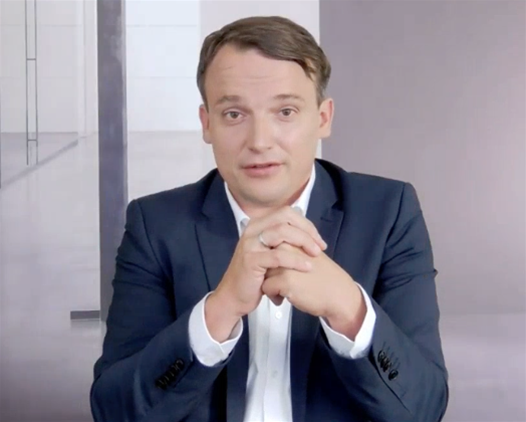
COVID has showed us just how crucial it is to have real time transparency across your entire supply chain. The value comes from the network, the millions of internet connections and how they are all facilitated in real time.
- Christian Klein, CEO, SAP
“You're not doing a business transformation when you are just migrating to the cloud,” reiterated Klein.
“From the start of the journey, we look into the processes of the customer and make sure they drive this business model change. We tell the customer what is really promising in their industry to succeed in the digital age and find out what kinds of models they want.”
During Sapphire, SAP announced RISE with SAP packages for specific industries to do business transformation as a service. Members of the new SAP Business Network will also be able to access a single, unified portal to gain a holistic view into their supply chain ecosystem, logistics and equipment management. SAP also announced a portfolio of new sustainability-specific products to help companies drive sustainability as a core business process.
Klein became CEO in April 2020 after a previous stint as co-CEO, right at the time when COVID-19 was becoming full blown in Europe and worldwide.
Since taking over, Klein has accelerated the shift from legacy software – or ‘on-premise' – and focussed on the transformation of SAP in the cloud, in some case sacrificing margins, which met resistance from some investors.
Since then, SAP has bounced back strongly.
“Talking about our numbers, we’ve had a fantastic year – we saw the highest cloud (revenue) closed in five years and we had the highest operating profit ever in Q1,” said Klein.
